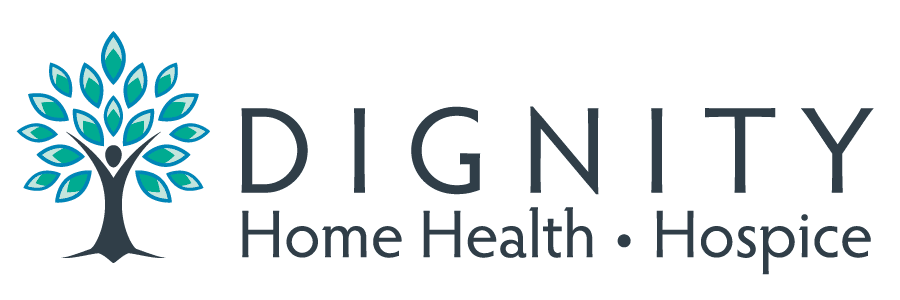
Staying Informed Throughout the Hospice Journey
We understand that hospice communication between us, the family, and the caregiver can come in many forms. The core of our communication between patient and caregiver involves providing regular and constant status updates on the patient's health and condition. However, we also help families at the earliest stages navigate Medicare and understand how hospice can be covered at no cost to them. Once hospice has begun, we get to know a family’s unique needs so we can recommend supportive services that will aid their experience. From religious and spiritual support to suggested readings, we are a source of information about what resources are available. We also help families understand how they can best support their loved one’s well-being during the days and weeks of hospice care.
As the patient and family members prepare for the end of life, our care team informs them about what to expect during the process and how to prepare. We also connect families to mental, spiritual, and emotional support that are critical to the grieving process.
Important Questions to Ask
During this very sensitive and unknown time in a person's life, it's normal for the patient and family to have many questions. Families are encouraged to address any concerns and ask questions about what they should expect during the process.
- Many caregivers ask how long their loved one is expected to live and how their condition is progressing.
- Families who have not experienced the death of a close family member may also have questions about what to expect as the time nears.
- They may also ask how they can best support their loved one's emotional needs, or, how they can best support their own emotional needs.
- Asking questions about what medications are being prescribed to your loved one is also important, to better understand your loved one’s care plan.
- You can also enquire about the additional support services that your loved one and family might benefit from.

How You Benefit from Dignity's Policy of Open Communication
We believe communicating with patients and families is the most important thing we do. It's imperative to keep the lines of hospice communication open, so everyone involved is on the same page. Effective communication in hospice can not only enhance the system management for the patient, but can reduce the stress of any caregivers and even improve adjustment during the grieving process.
